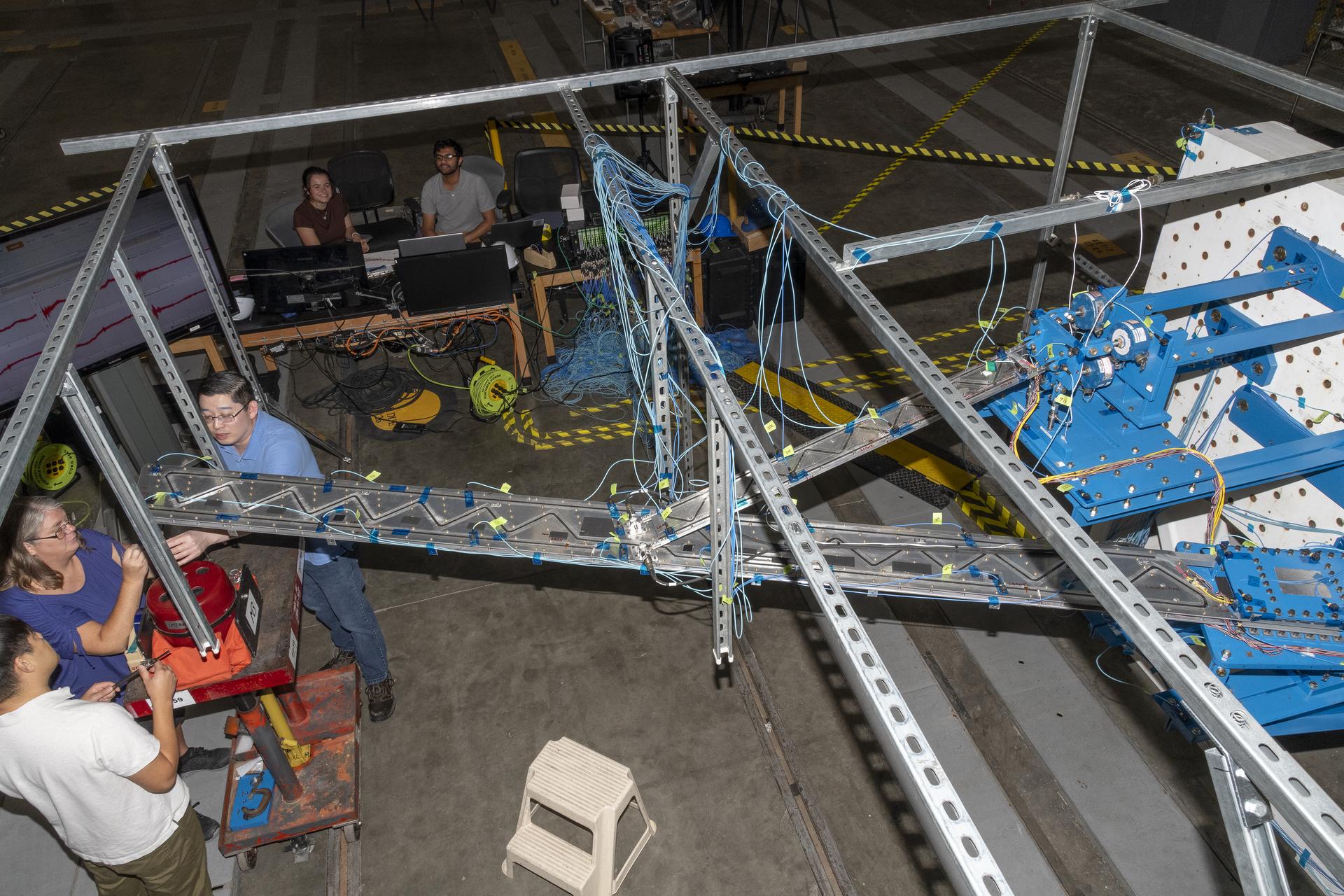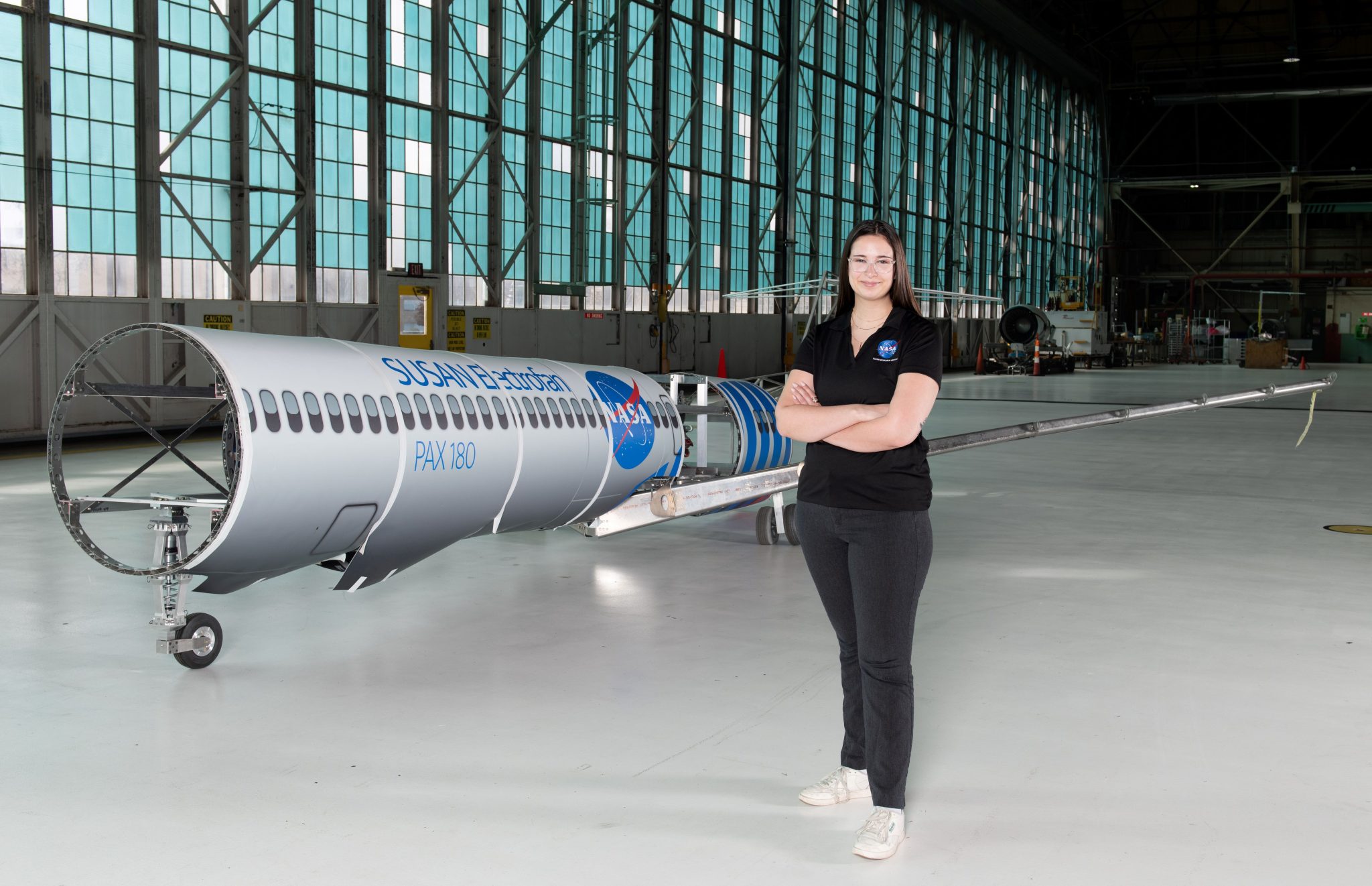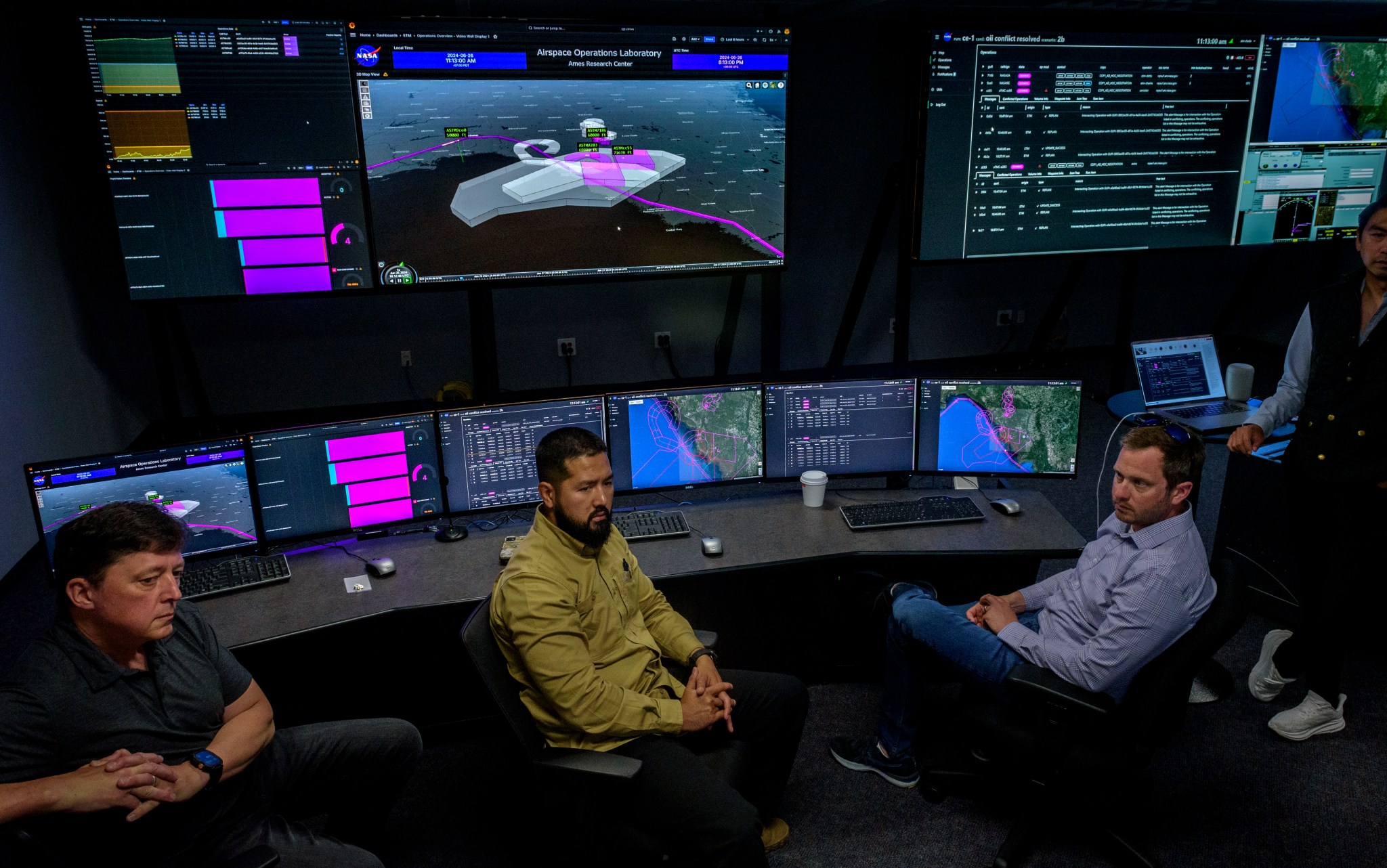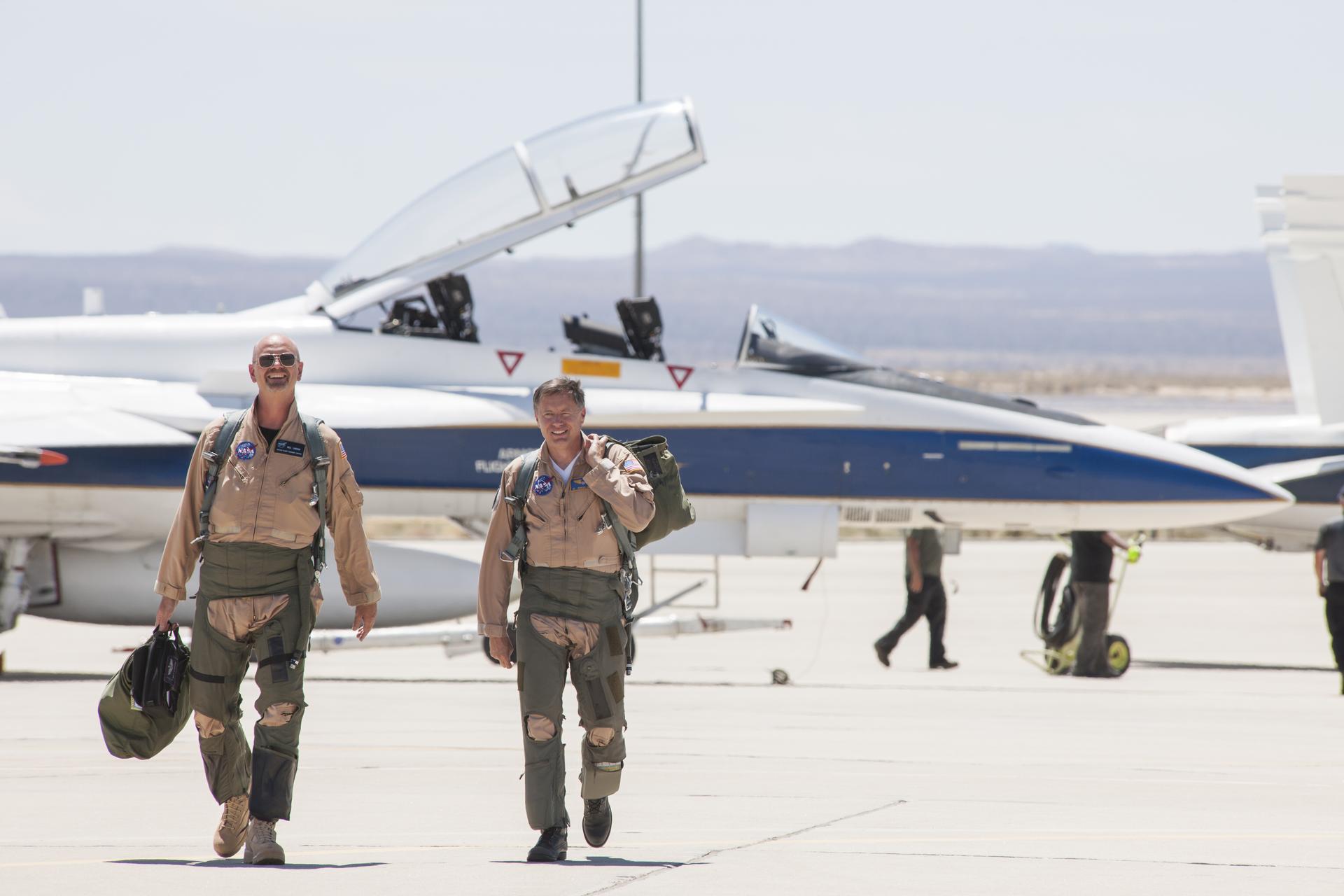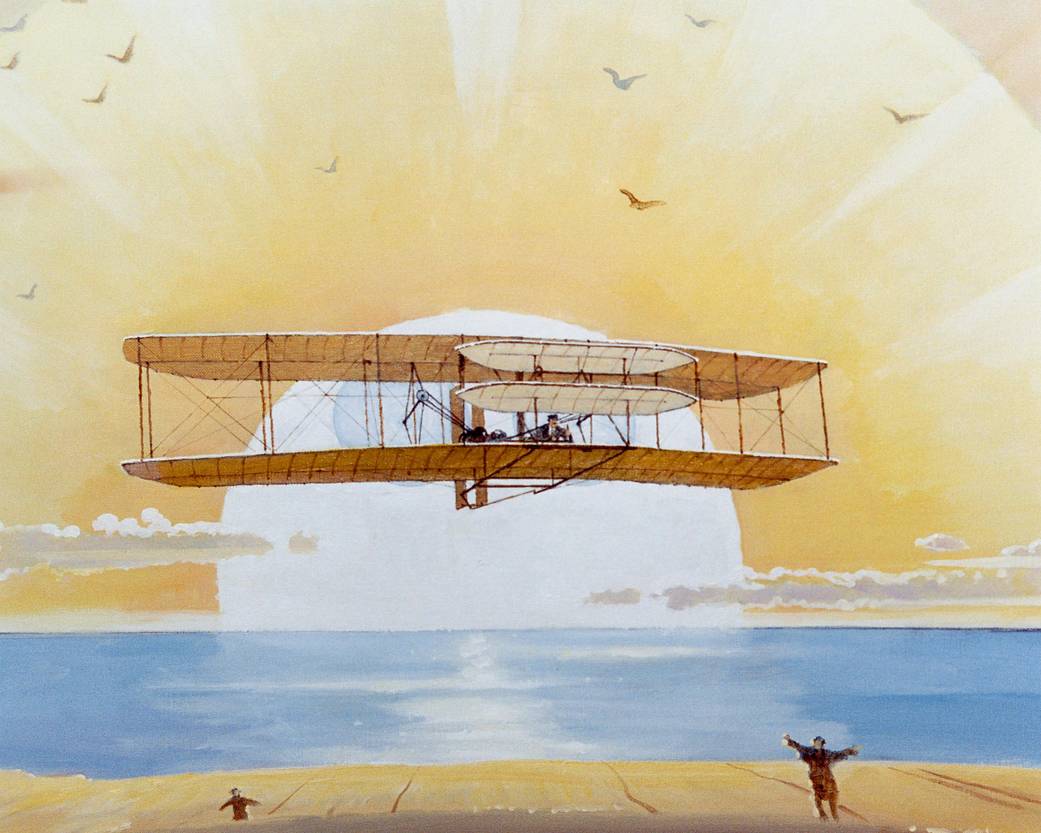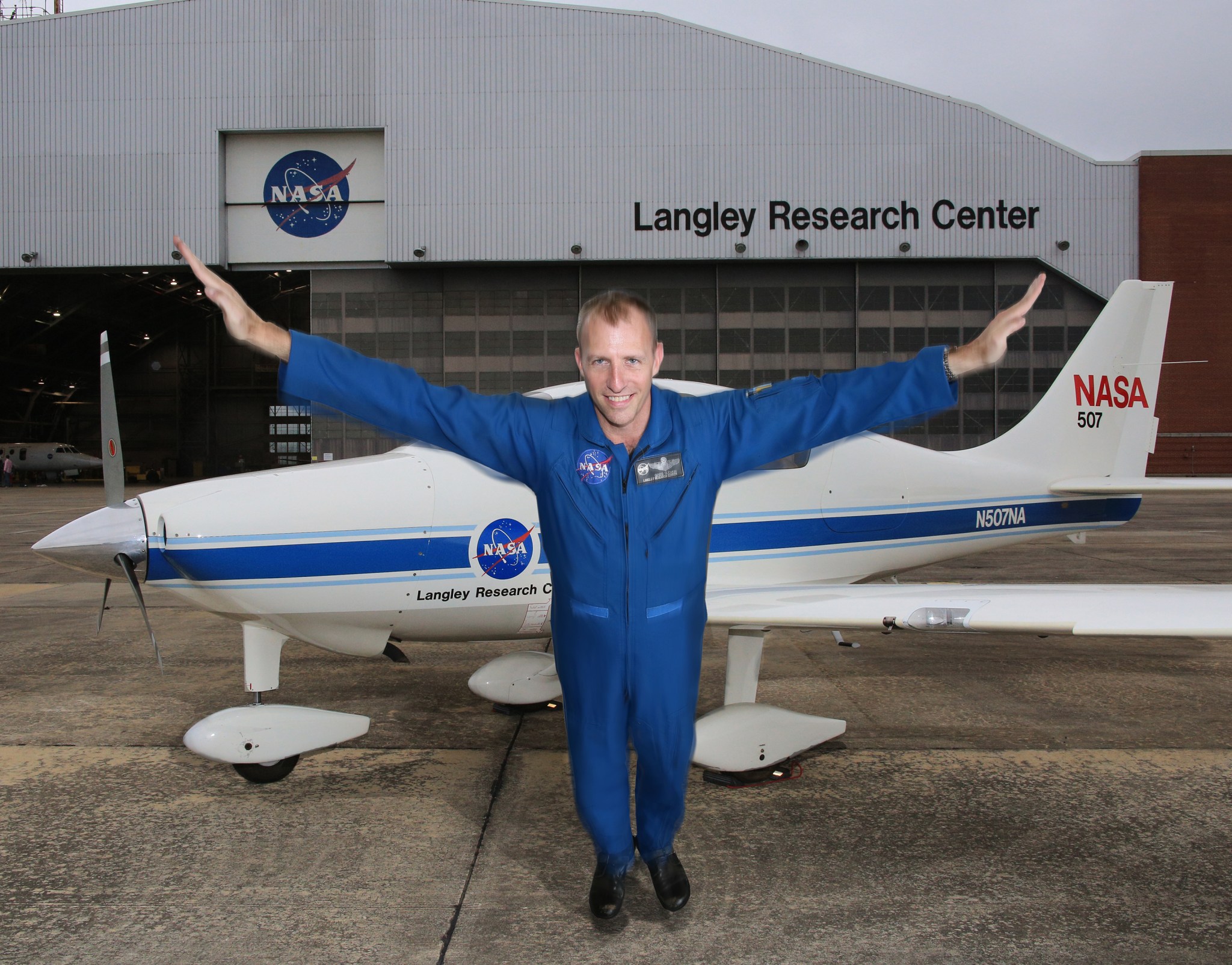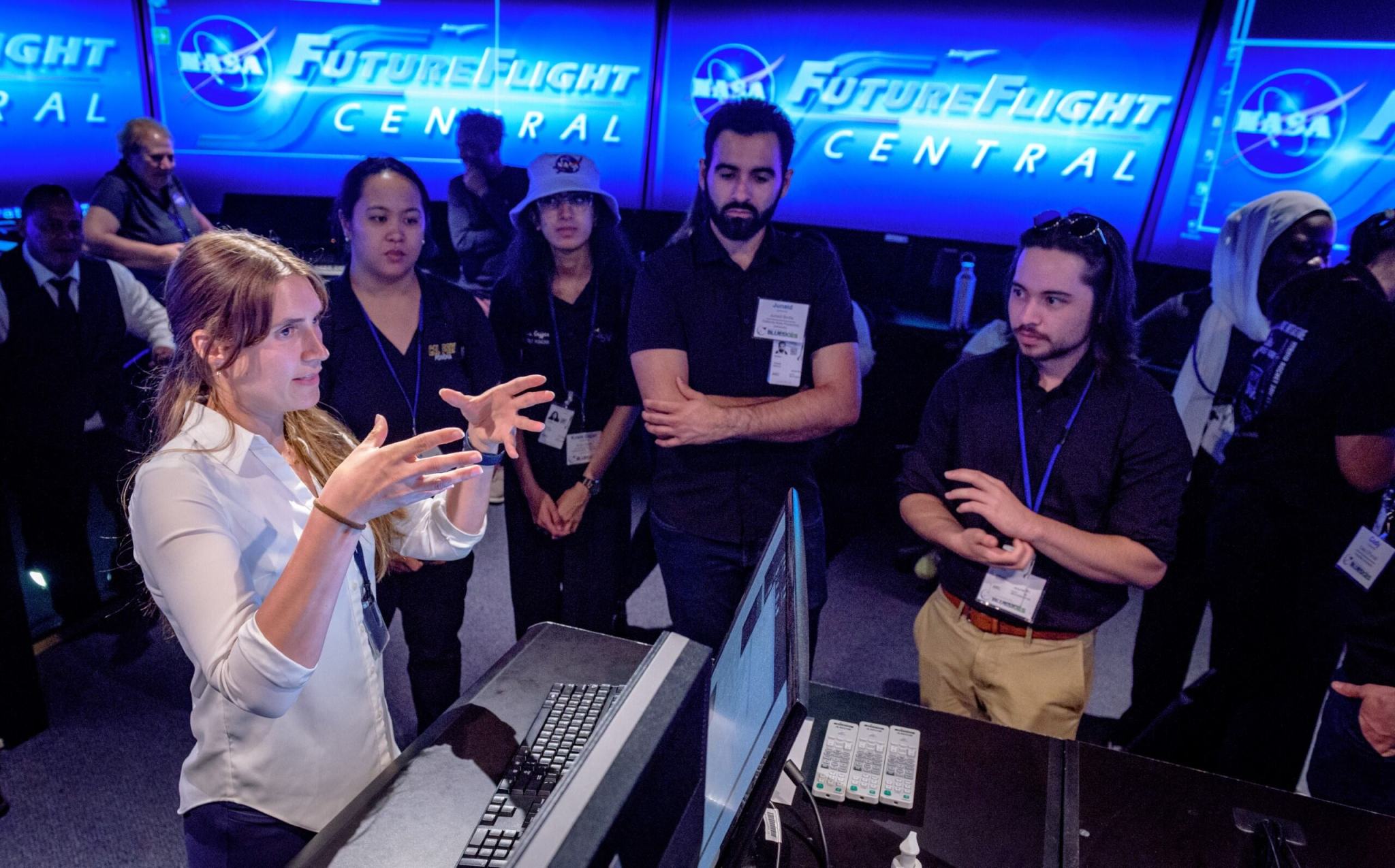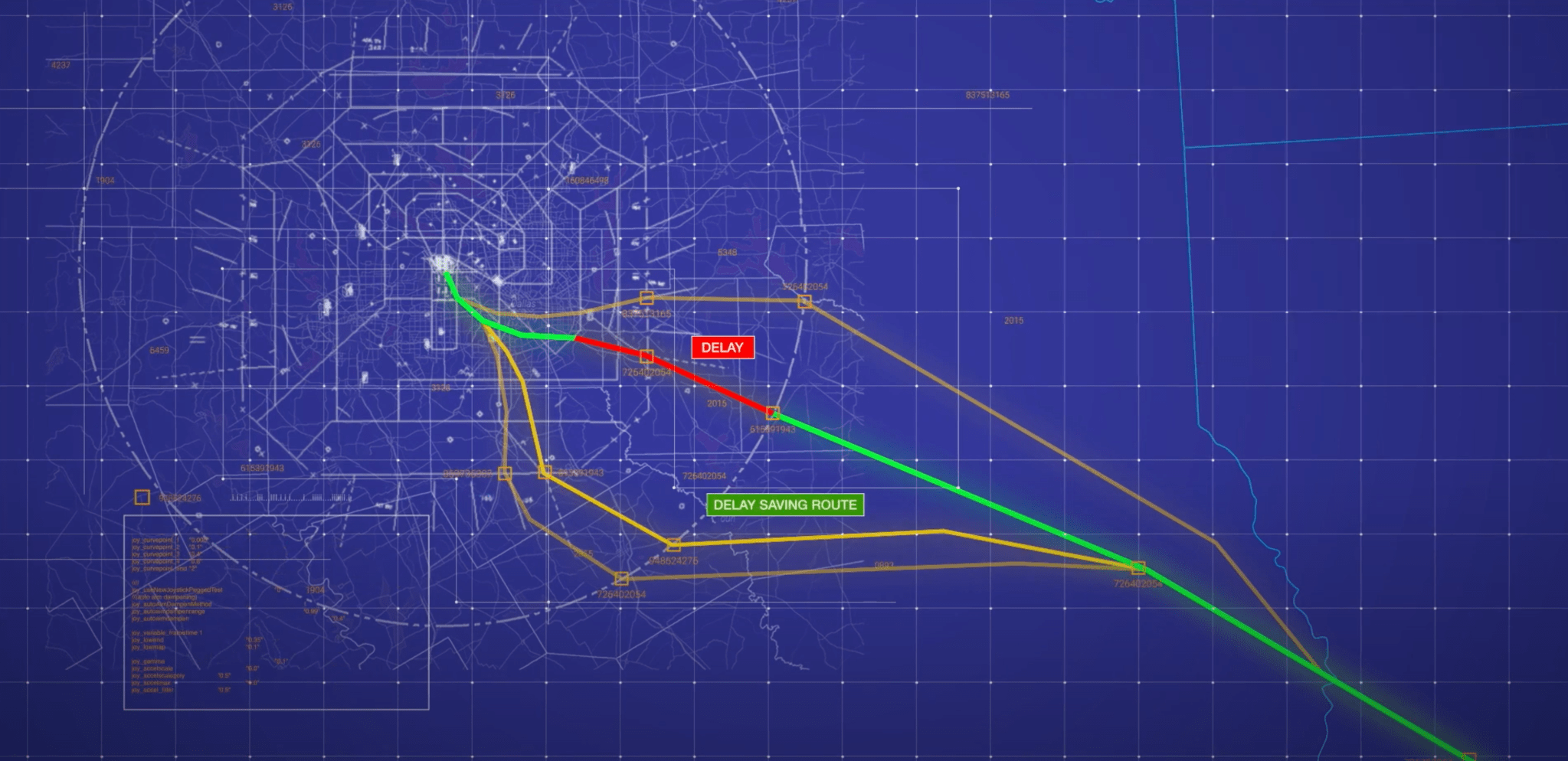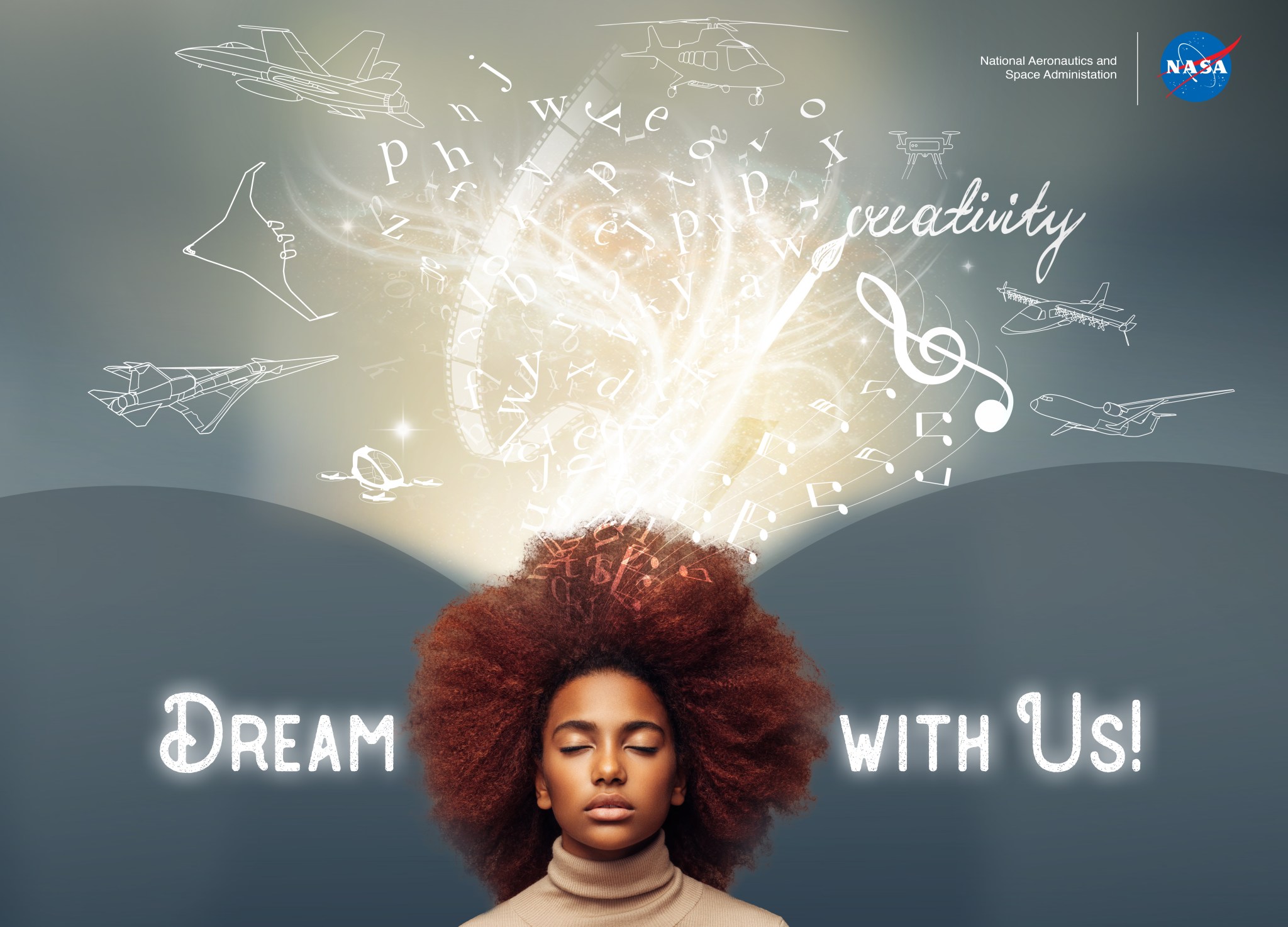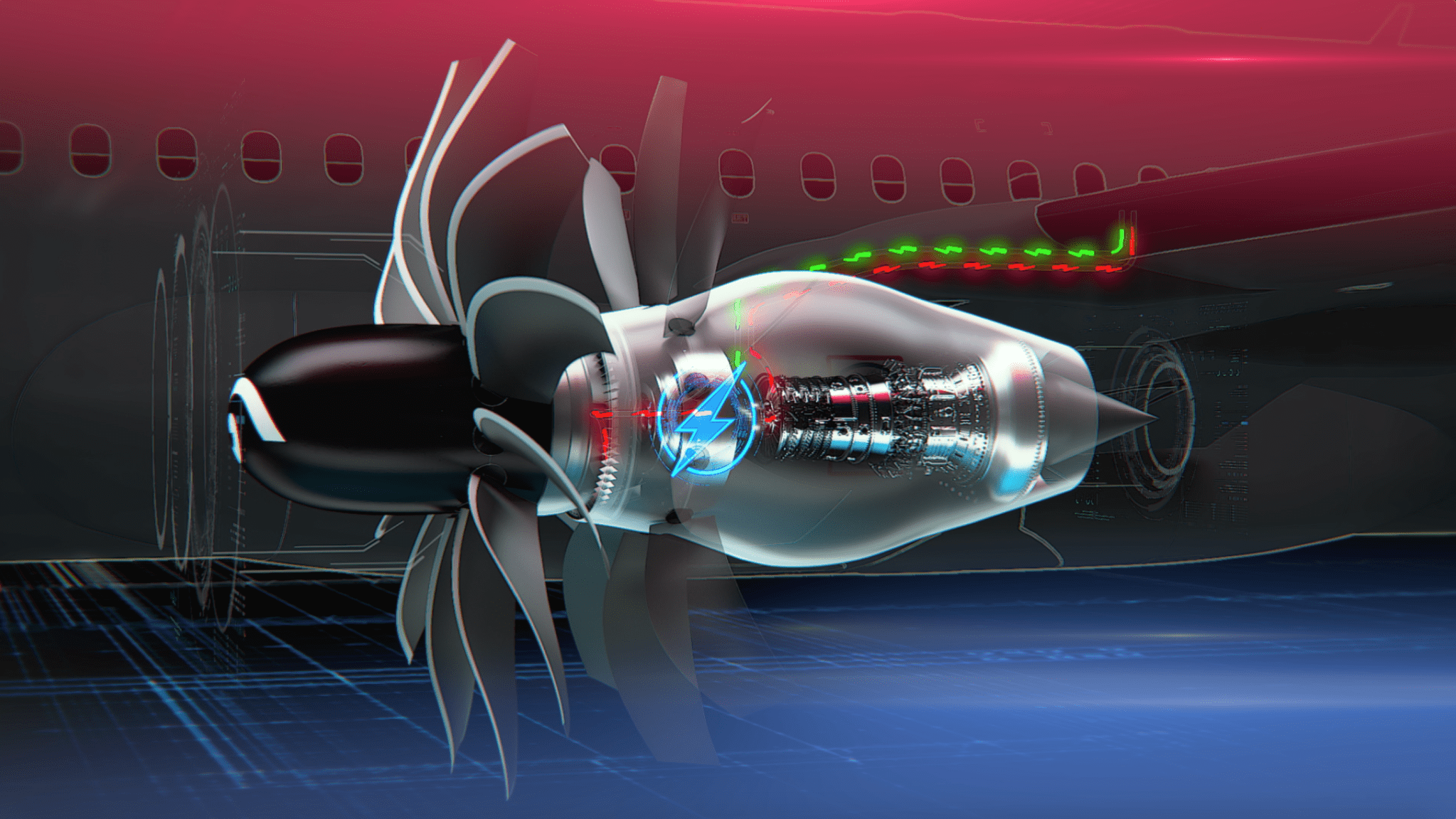3 min read Preparations for Next Moonwalk Simulations Underway (and Underwater) NASA/Quincy Eggert Upside down can be right side up. That’s what NASA researchers determined for tests of an efficient wing concept that could be part of the agency’s answer to making future aircraft sustainable. Research from NASA’s Advanced Air Transport Technology project involving a 10-foot model could help NASA engineers validate the concept of the Transonic Truss-Braced Wing (TTBW), an aircraft using long, thin wings stabilized by diagonal struts. The TTBW concept’s efficient wings add lift and could result…
Read MoreTag: Aeronautics Research Mission Directorate
NASA Engineer Carries Indigenous Roots into New Aviation Era
5 min read Preparations for Next Moonwalk Simulations Underway (and Underwater) Abigail Reigner, a systems engineer at NASA’s Glenn Research Center in Cleveland, supports the agency’s research in electrified aircraft propulsion to enable more sustainable air travel. Behind her is a 25% scale model of NASA’s SUbsonic Single Aft eNgine (SUSAN) Electrofan aircraft concept used to test and demonstrate hybrid electric propulsion systems for emission reductions and performance boosts in future commercial aircraft. Credit: NASA/Sara Lowthian-Hanna Growing up outside of Philadelphia, Abigail Reigner spent most of her childhood miles away…
Read MoreNASA and Partners Scaling to New Heights
3 min read Preparations for Next Moonwalk Simulations Underway (and Underwater) NASA and partners from Aerostar and AeroVironment discuss a simulation of a high-altitude air traffic management system for vehicles flying 60,000 feet and above in the Airspace Operations Lab (AOL) at NASA’s Ames Research Center in California’s Silicon Valley. NASA/Don Richey NASA, in partnership with AeroVironment and Aerostar, recently demonstrated a first-of-its-kind air traffic management concept that could pave the way for aircraft to safely operate at higher altitudes. This work seeks to open the door for increased internet…
Read MoreNASA Pilots Add Perspective to Research
4 min read Preparations for Next Moonwalk Simulations Underway (and Underwater) NASA pilots Nils Larson and Wayne Ringelberg head for a mission debrief after flying a NASA F/A-18 at Mach 1.38 to create sonic booms as part of the Sonic Booms in Atmospheric Turbulence flight series at NASA’s Armstrong Flight Research Center in California, to study sonic boom signatures with and without the element of atmospheric turbulence. NASA/Lauren Hughes NASA research pilots are experts on how to achieve the right flight-test conditions for experiments and the tools needed for successful…
Read MoreOrville Wright and National Aviation Day
2 Min Read Orville Wright and National Aviation Day This mural by famed aviation and space artist Bob McCall was created to celebrate the achievements of Wilbur and Orville Wright and to commemorate a century of powered flight. Central to the composition is the 1903 Wright Flyer. Credits: <br> Orville Wright wasn’t sure exactly how long his first flight lasted. He and his brother, Wilbur, think it was about 12 seconds, but according to what Orville wrote in his diary of that December day in 1903 at Kill Devil Hills,…
Read MoreIdeas for Celebrating National Aviation Day
9 min read Preparations for Next Moonwalk Simulations Underway (and Underwater) Research pilot Greg Slover “spreads his wings” at NASA’s Langley Research Center. On August 19, tag your posts with #SpreadYourWings or #NationalAviationDay. NASA / David C. Bowman It was in 1939 that President Franklin D. Roosevelt issued the first presidential proclamation designating Aug. 19 – Orville Wright’s birthday – as a day in which citizens are encouraged to participate in activities that promote interest in aviation. So how will you be a good citizen and observe the day as…
Read MoreCollegiate Teams to Focus on Aviation Solutions for Agriculture in 2025 Gateways to Blue Skies Competition
4 min read Preparations for Next Moonwalk Simulations Underway (and Underwater) Students attending the 2024 Blue Skies Competition Forum toured NASA’s Ames Research Center in California. NASA In the 2025 Gateways to Blue Skies Competition, the theme is AgAir: Aviation Solutions for Agriculture. NASA asks collegiate teams to investigate either new or improved aviation capabilities that could assist the agriculture industry by improving production, efficiency, environmental impact and extreme weather/climate resilience. The agriculture industry plays a vital role in providing food, fuel, and fiber for the global population. However, it…
Read MoreNASA Cloud-Based Platform Could Help Streamline, Improve Air Traffic
4 min read Preparations for Next Moonwalk Simulations Underway (and Underwater) This image shows an aviation version of a smartphone navigation app that makes suggestions for an aircraft to fly an alternate, more efficient route. The new trajectories are based on information available from NASA’s Digital Information Platform and processed by the Collaborative Departure Digital Rerouting tool. NASA Just like your smartphone navigation app can instantly analyze information from many sources to suggest the best route to follow, a NASA-developed resource is now making data available to help the aviation…
Read More2024 Dream with Us Design Challenge Winners
3 min read Preparations for Next Moonwalk Simulations Underway (and Underwater) Congratulations! Our 2024 Dream with Us challenge has concluded, and we are pleased to share the winning projects: Middle School 1st Place: The Unstoppable Changemakers Team (Anika J. and Aidan R.) Fire Drones is a system of drones that battle wildfires. They use solar power for sustainability, machine learning technology for early detection of potential wildfires, and use biodegradable spheres called Fire Bombs to help extinguish wildfires. This system of firefighting drones actively communicates with emergency personnel to work…
Read MoreNASA to Start Designing More Sustainable Jet Engine Core
4 min read Preparations for Next Moonwalk Simulations Underway (and Underwater) This artist concept shows a NASA-developed small-core jet engine installed in General Electric Aerospace’s CFM RISE jet engine design. The more fuel-efficient small core powers a large open turbofan, which also helps increase efficiency. The effort is part of NASA’s Sustainable Flight National Partnership to help inform the next generation of ultra-efficient airliners. GE Aerospace NASA, alongside industry, will soon begin designing a new jet engine concept for the next generation of ultra-efficient airliners — officially graduating to the…
Read More